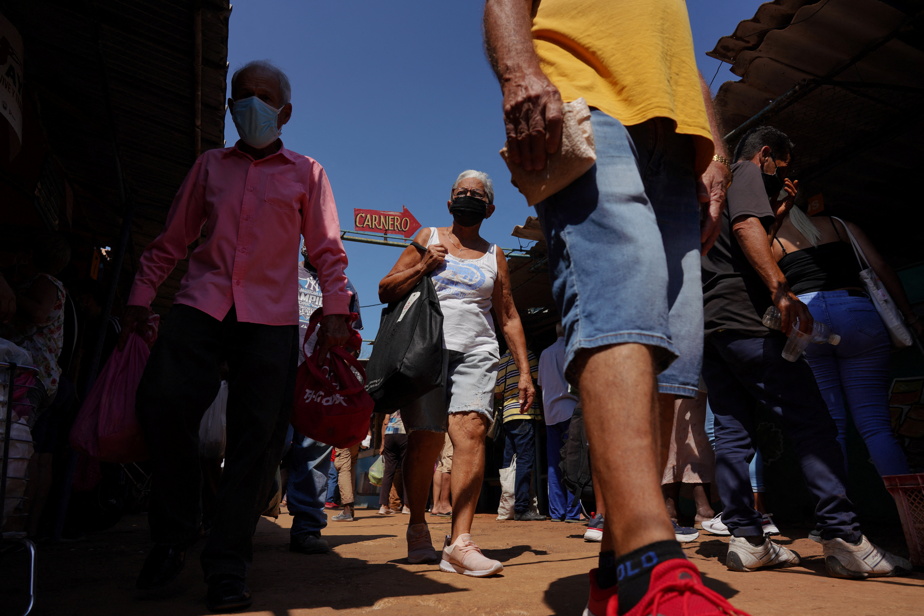(Havana) – Cuba adopted, on Sunday, a new penal code aimed at “protecting” the socialist system by punishing demonstrations in particular, ten months after the unprecedented summer 2021 uprisings.
This new law, approved by Parliament during the day, “protects the interests of the state and the people,” declared the Chief Justice of the Supreme Court, Rubén Remigio Ferro, while introducing the bill.
Mr. Ferro stressed that “the most serious violations related to the arbitrary exercise of constitutional rights, participation in subversive activities, as well as attacks through information technology are punishable.”
The text specifically penalizes political activities on the Internet, demonstrations, and foreign funding of certain activities.
Barely published on the Prosecutor’s Office website in March, the project sparked a rejection among the opposition to the communist government.
“The new penal code is a new shift in the clutches of the regime to intensify repression against citizens,” said Rene Gómez Manzano, president of Corriente Agramontista, the oldest organization of Cuban dissident lawyers.
“The penal code is not what Cuba needs,” jurist Harold Bertot, a professor at the University of Havana now in Madrid, told the research. Its discussion and its entry into force coincide in time with a moment of political and social tension in Cuba.
And regrets this law, “bets on greater criminalization of crimes, and tougher penalties.” “It is designed to have a significant impact on Cuban political activity.”
To the already existing offense of “disturbing public order,” another penalty for individual or group demonstrations is now being added. It also punishes foreign funding of activities “against state security”.
Thus, independent or opposition media, activists and splinter groups would be considered “mercenaries” if they received money from US agencies and NGOs, putting them at risk of four to ten years in prison.
This text is part of a series of laws, such as those on food sovereignty, family law and personal data, intended to complement the new constitution approved in 2019.
It was adopted less than a year after the unprecedented demonstrations of July 11 and 12, 2021, during sixty years of the revolution that left one dead and dozens wounded. More than 1,300 people were arrested, many of whom were subsequently sentenced to harsh sentences, up to 30 years in prison.




